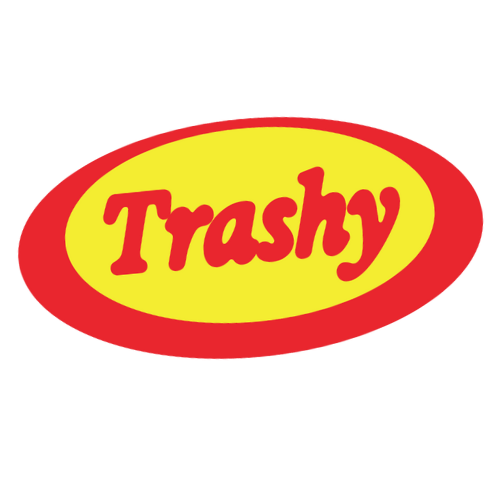FAQ'S
Upcycling food is an ancient tradition based on the philosophy of using all of what you have. It's about doing more with less, and elevating all food to its highest and best use. Most of all, upcycled food is about reducing food waste, by creating high quality, nutritious food products out of the nutrients that slip through the cracks of our food system. But what is 'upcycled food' technically?
According to the Upcycled Food Association:
“Upcycled foods use ingredients that otherwise would not have gone to human consumption, are procured and produced using verifiable supply chains, and have a positive impact on the environment.”
Upcycled Foods are Delicious, Nutritious, and Prevent Food From Being Wasted
Upcycled food is the easy way for anyone to prevent food waste via the products they buy. Upcycled products prevent food waste by creating new, high quality products out of surplus food. It’s an innovative approach to food waste because it is the first consumer product-based solution, making it highly scalable and economically sustainable.
Click on any product page, and scorll through the images to see our list of ingredients and nutriton facts!
We’re aiming to ship your Trashy Chips by September 2024.
Pre-order now to secure your stash! You'll weigh in on ingredients, flavors, and get exclusive updates straight from the Trashy trenches.
View our shipping policy.
Stay in the loop via email! Make sure you opt-in to emails at checkout to stay in the loop. We'll keep you posted once your order is ready to ship, and send out tracking information accordingly.
Need to request a refund?
We offer 100% happiness, guaranteed. If you're not satisifed, reach out / review our refund policy.
Trashy is proud to be Plastic Neutral Certified by rePurpose Global.
So what does Plastic Neutral mean?
For every bag we sell, we remove and equal weight of plastic from the ecosystem in partnership with CARPE, India.
We donate a percentage of every product purchase to fund the collection of low-value plastic waste from oceans and landfills every year.
Low-value plastic is collected, processed and reused by CARPE India - a social enterprise in India that employs and empowers waste pickers to tackle plastic waste.
In order to tackle global issues like climate change and pollution, we strive for circularity in every aspect of our business, from sourcing to packaging. We believe in maximizing resources for the health of people and planet. Achieving Plastic Neutral Certification through rePurpose Global is one small step to improve upon the environmental impact of our business.
We continue to explore compostable and innovative packaging solutions that can help us to remove plastic from our value-chain.
